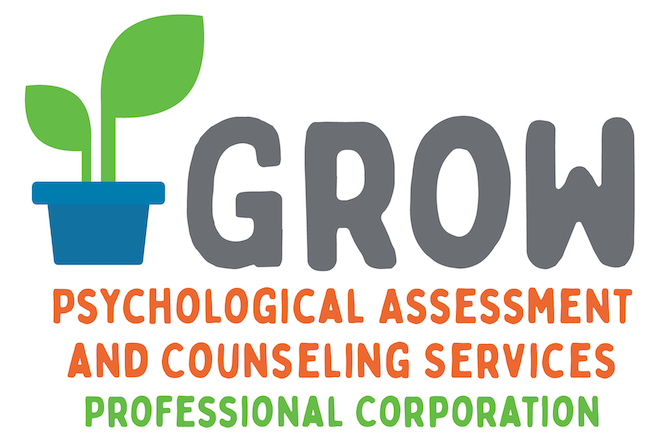School Psychologists have many roles to play in the schools. On any given day, we are counselors, advisors, consultants, program developers, observers, yard duty stand-ins, problem-solvers regarding discipline issues, early interventionists, reading/math/writing specialists, researchers, special education experts, paralegals (seems like), behaviorists, developmental experts, and assessors for special education services. The latter is the role that is most commonly associated with our profession.
A 10th grade student I had tested for ADHD said it best one day when I bumped into him on the street with his pack o’ friends: “Hey guys, that’s the lady who put me in special ed!” Surprisingly, the pack started inquiring how they could get into special ed because they heard it was “really easy.” Another (less positive) experience was when I came into a middle school classroom to take a girl for an assessment and she screamed, “No! I’m not going! I’m not @&*%ing special ed!”
Even the kids pick up very quickly that the school psychologist can be seen as a “gatekeeper” to special education. School psychologists are well aware that this has been the traditional role for our profession, and are striving to expand this role. Let me tell you a tale about the struggle to make the shift.
It’s 7:52am on a Friday afternoon. I get one foot in the door of my elementary school and I am met by the principal, who does not greet me with hello, but rather, “We have to do something about Johnny! He needs to be in a special education class for emotionally disturbed kids! Get out your assessment plan for special education, I have the mom waiting in my office to sign it.” Apparently, Johnny* had climbed on the school roof the day before and wouldn’t come down for over an hour.
My first thought was, “how is this a special education issue?” I had never heard of Johnny before until this morning and suddenly he was “disabled” and potentially “emotionally disturbed” before I had a chance to put my purse down?
One of the difficult jobs of the school psychologist is to get everyone slowed down enough to look at the facts. It’s the first rule in any crisis situation. This process can (understandably) seem to worried parents, principals, and teachers as “gatekeeping” students from special education services. But it is a necessary step. So instead of my assessment plan, I immediately grabbed the cumulative folder and sat down with the mom and the principal and began asking questions. If I could provide each new school psychologist with a toolkit upon graduation, it would be full of questions. Not the cliché questions like, “How does that make you feel?” or the evasive-question-as-response that is the fodder for every psychologist joke, but questions that help identify the problem from a wider perspective:
Is the first incident for this student or is there a history of behavioral difficulties?
Does his behavior typically impede his learning?
Did something happen recently that would prompt this type of behavior?
What did the student say about the incident?
Has the student ever been assessed for special education before?
What interventions have been tried to address his behavioral needs?
After the information gathering session, it became clear that this was an isolated incident and not a longstanding emotional disability. The student had never been in any trouble before, and had all “Satisfactory” marks on his report card. The mom reported that her son had witnessed his cousin being shot last week and was understandably having a difficult time. It didn’t justify her son’s behavior, but it could help explain why he was acting out.
Did Johnny need some help? Yes. Was he “disabled” such that his needs could only be met in special education? Not so much. I’m all for giving students with disabilities what they need, but we must be judicious before jumping to special education assessment as an “intervention” before gathering the facts. I guess on some days, if it means a child doesn’t get prematurely labeled as disabled, I’m okay with being a gatekeeper.
*Why are the examples always about “Johnny” in education? This fictitious “Johnny” is one troubled little boy.

Hello! I'm loving the blog..very insightful. 🙂 I wanted to pass along some info that may be helpful for you or anyone you know..and also to share a 5% coupon code (OFF5052908) I received from a company called Skypanels…they're pretty neat. You might wanna check them out..the decorative light diffusers create a more calming and relaxing environment…Anyway, I first saw them in another classroom at my daughter's school as I was walking by…the teacher said that she noticed an improvement in the children's behavior after she installed them, which benefited their productivity…I ordered some for my home and love them..just thought I'd share..Anyway, they said I could share the coupon with whoever wants to use it. Keep the great tips and ideas comin'! 🙂